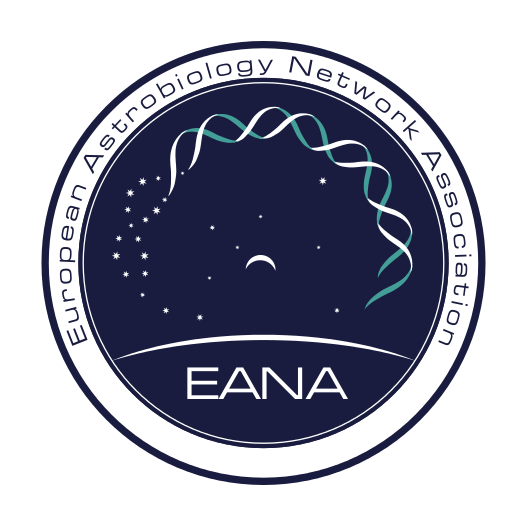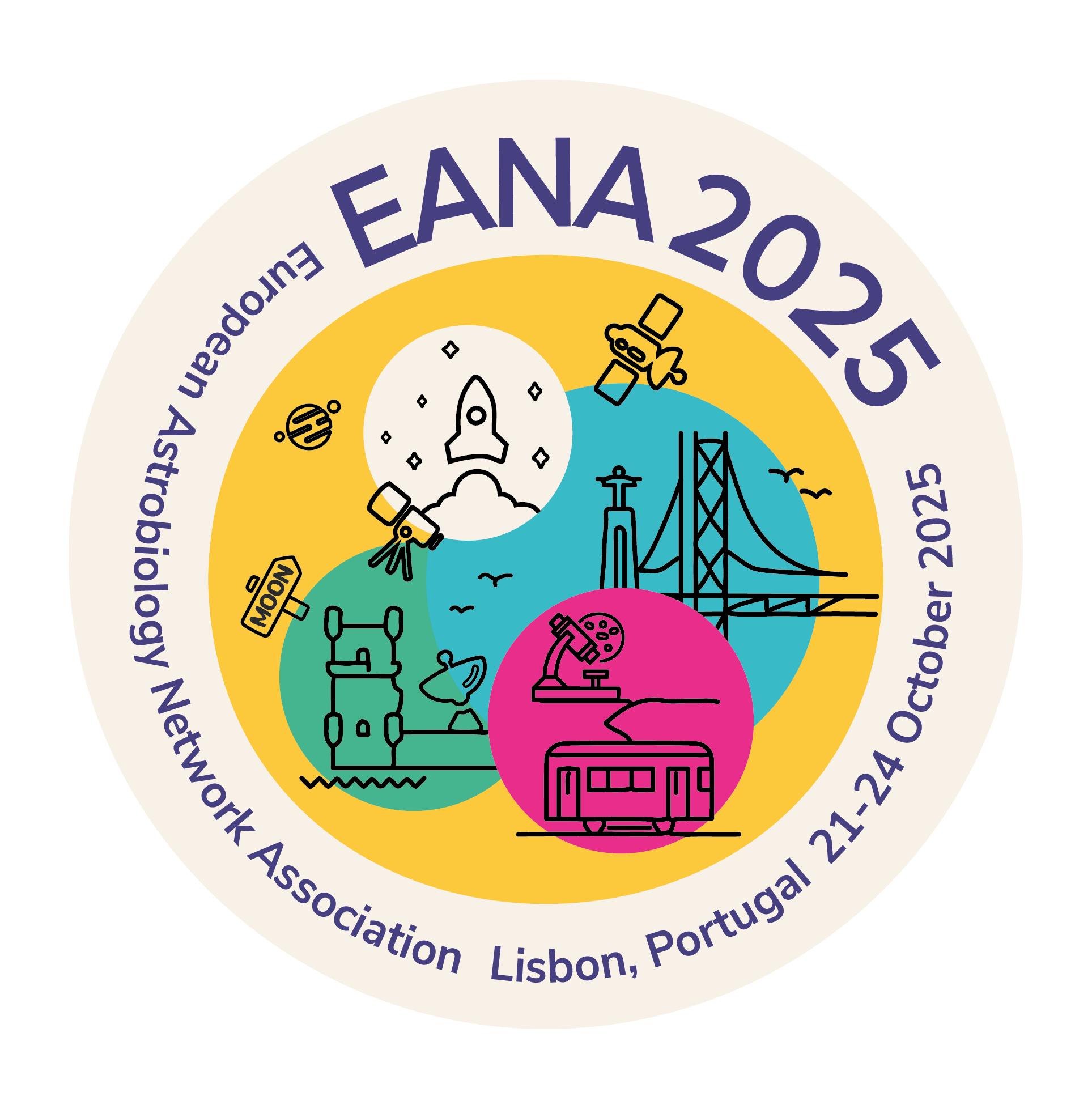 |
Abstract EANA2025-151 |

|
Evaluation of the PhD Application Process for the Young Researcher Program in Interdisciplinary Space Science and Planetary Research (YRP@Graz)
In 2022, the Space Research Institute in Graz (Austria) together with the Graz University of Technology and the University of Graz launched the Young Researcher Program in Interdisciplinary Space Science and Planetary Research (YRP@Graz). This program aims to foster a network in which PhD candidates can benefit from both the infrastructure and the international reputation of the scientific landscape in Graz. Over the years, the program has offered a diverse range of space-related PhD research projects, spanning from exoplanetary atmospheres and solar and heliospheric physics to space instrumentation. To date, five application rounds have been conducted, resulting in a total of 14 PhD positions.
A central objective of the program is to establish an inclusive application process that is accessible to all individuals with a relevant academic and scientific background. The program's initiators are aware of the challenges and limits that (unconscious) biases in application processes poses for organisations (e.g., gender bias as reported in Moss-Racusin et al., 2012), leading eventually to an underperforming organisation because of an over-homogeneity of their staff.
This poster presents an overview of the various approaches, developmental stages, and lessons learned in creating an inclusive application process for PhD positions in an interdisciplinary research field. We will introduce our anonymous questionnaire (“stage 1” of the application process), which has evolved over the past several years. While similar practices have been implemented in the private sector for some time (e.g., Rinne, 2018), they remain relatively uncommon in the scientific community. Further, we will present our procedure for the interviews conducted during the second stage of each application process. Over the past years, we conducted more than 80 interviews with PhD candidates from more than 25 countries.
We will present statistical analyses of the various application rounds, followed by our conclusions and recommendations for potential improvements. Additionally, we will discuss the limitations inherent to this approach. Through this work, we aim to encourage other institutions to adopt open application processes to enhance accessibility within the scientific community.
References:
Young Researcher Program in interdisciplinary space science and planetary research (2025), Overview. Available at: https://www.oeaw.ac.at/en/iwf/research/young-researcher-program (accessed: 21 July 2025).
Moss-Racusin, C.A., Dovidio, J.F. Brescoll, V. L., Graham, M. J., and Handelsman, J. Science faculty’s subtle gender biases favor male students (2012). PNAS, 109 (41), 16474 —16479, doi:10.1073/pnas.1211286109
Rinne, U. Anonymous job applications and hiring discrimination (2018). IZA World of Labor, 48 doi: 10.15185/izawol.48.v2
